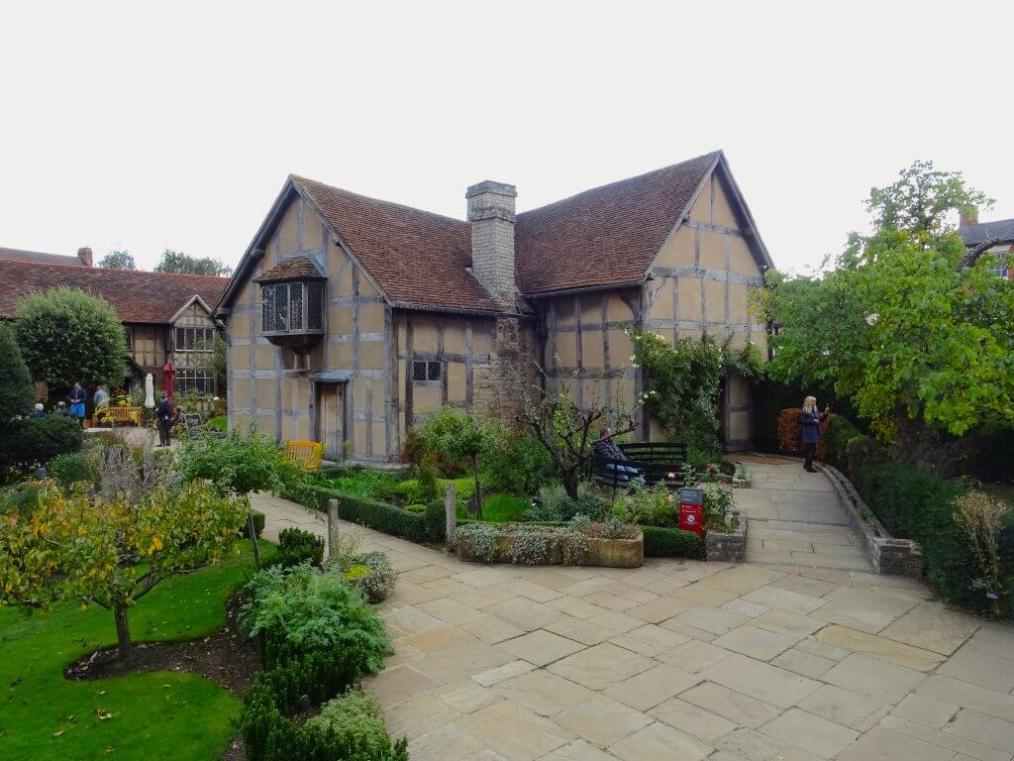What is the Significance of the Witches in Macbeth?
In the realm of Shakespearean tragedies, Macbeth stands as a haunting tale of ambition, guilt, and the destructive forces that lurk within the human soul. At the heart of this gripping narrative lie the enigmatic witches, whose presence casts a dark shadow over the play, shaping its events and influencing the fate of its characters.

I. The Witches' Supernatural Powers
Prophecies and the Shaping of Destiny
The witches possess an uncanny ability to see into the future, uttering prophecies that set the stage for Macbeth's tragic downfall. Their predictions, delivered in cryptic and ambiguous language, hold sway over Macbeth's mind, fueling his ambition and ultimately leading him down a path of destruction.
- The Witches' First Prophecy: The witches' initial encounter with Macbeth and Banquo sets the stage for the play's tragic events. They hail Macbeth as "thane of Cawdor" and "king hereafter," planting the seeds of ambition in his mind.
- The Second Prophecy: The witches' second prophecy confirms Macbeth's newfound title as Thane of Cawdor, further fueling his desire for power. This confirmation solidifies Macbeth's belief in the witches' powers and sets him on a relentless pursuit of the crown.
- The Third Prophecy: The witches' final prophecy warns Macbeth to "beware Macduff," foreshadowing the eventual downfall of the tyrannical king. This prophecy, however, also contains a glimmer of hope, as it reveals that Macbeth can escape his fate if he chooses to heed the warning.
The Impact of Prophecies on Macbeth's Actions
The witches' prophecies have a profound impact on Macbeth's actions and decision-making throughout the play. They prey on his ambition and insecurities, driving him to commit heinous acts in pursuit of power. Macbeth's belief in the witches' words becomes his undoing, as he allows their predictions to dictate his choices, leading him down a path of destruction.
II. The Witches' Manipulation Of Macbeth
Flattery and Deception
The witches employ flattery and deception to manipulate Macbeth, playing on his vulnerabilities and insecurities. They hail him as "brave Macbeth" and "worthy gentleman," feeding his ego and fueling his ambition. By presenting him with visions of grandeur, they skillfully manipulate Macbeth's desires, leading him down a treacherous path.
The Witches' Role in Macbeth's Downfall

The witches' manipulation of Macbeth is instrumental in his downfall. Their prophecies and deceptive words create a false sense of security, leading Macbeth to believe that he is invincible. This delusion ultimately leads to his downfall, as he becomes increasingly reckless and tyrannical in his pursuit of power.
III. The Witches' Symbolism
Symbols of Chaos and Disorder
The witches represent chaos and disorder, embodying the forces of darkness and disruption. Their presence disrupts the natural order, creating an atmosphere of unease and uncertainty. They are associated with the supernatural and the unknown, challenging the boundaries of reality and reason.
Connection to the Natural World and the Supernatural
The witches have a deep connection to the natural world and the supernatural. They are often depicted in association with storms, thunder, and darkness, reflecting their chaotic and disruptive nature. Their ability to manipulate the elements and conjure spirits further emphasizes their supernatural powers.
Representation of Macbeth's Inner Turmoil
The witches also serve as a symbolic representation of Macbeth's inner turmoil and psychological struggles. Their presence reflects his guilt, ambition, and fear, embodying the dark forces that drive him to commit heinous acts. The witches' interactions with Macbeth reveal his inner conflicts and the moral decay that consumes him.
IV. The Witches' Impact On The Play's Themes
Exploring the Theme of Ambition
The witches play a crucial role in exploring the theme of ambition in Macbeth. Their prophecies and manipulation fuel Macbeth's insatiable desire for power, leading him to commit heinous acts in pursuit of the crown. The witches' presence highlights the corrupting influence of ambition and the tragic consequences it can bring.
Guilt and the Tragic Elements
The witches' involvement in Macbeth's downfall also contributes to the play's tragic elements. Their manipulation and prophecies create a sense of inevitability, as Macbeth's fate seems predetermined. The witches' presence intensifies the feelings of guilt and remorse that consume Macbeth, leading him to a state of despair and madness.
Highlighting Moral Consequences
The witches' role in the play also highlights the moral consequences of Macbeth's actions. Their presence serves as a constant reminder of the evil that Macbeth has committed in pursuit of power. The witches' manipulation and prophecies ultimately lead Macbeth to face the consequences of his actions, emphasizing the moral and ethical dimensions of the play.
V. Conclusion: The Enduring Significance Of The Witches
The witches in Macbeth hold immense significance, shaping the play's narrative, themes, and characters. Their supernatural powers, manipulative tactics, and symbolic representations contribute to the play's tragic elements and enduring impact. The witches serve as a haunting reminder of the destructive forces that lurk within the human soul, the corrupting influence of ambition, and the moral consequences of one's actions.
The witches' presence in Macbeth continues to captivate audiences and scholars alike, inspiring countless interpretations and adaptations throughout history. Their enduring significance lies in their ability to embody the dark forces that exist within us all, challenging our understanding of reality and the boundaries of human nature.
YesNo

Leave a Reply